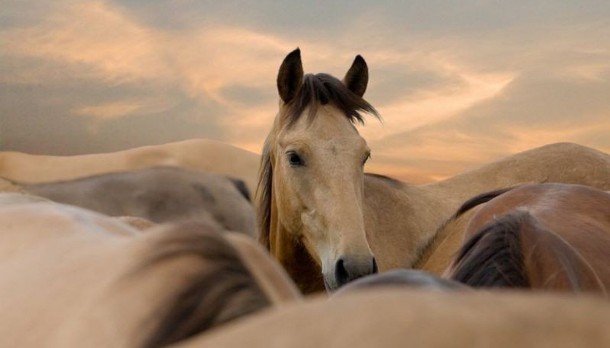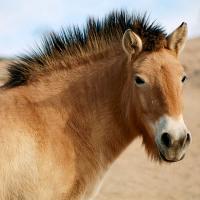|

|
|||
|
FYI SAAEDT My Calendar Meetings Events Wet Labs |
Overview The horse's mouth forms a very important part of the digestive system and also forms the vital link between the horse and its rider or driver. In order to become more aware of what problems occur and what treatment the horse requires, the following will answer most of the commonly asked questions. Your horse needs its teeth Performance, comfort and wellbeing are all dependent on a properly functional and comfortable set of teeth. A major aging factor in all grazers is dental deterioration. Further complications occur as a result of concentrated feed and the use of bits. Why do horses teeth need regular floating? Unlike human teeth, a horses teeth erupt (grow continuously) throughout most of its life. The upper and lower molars are in attrition, except the upper outside edges and the lower inside edges. Hence these parts of the molars get very sharp. The sharp edges need to be correctly floated to prevent damage to the cheeks and tongue. Hyper-erupted teeth due to missing opposing teeth, and excessive ridges on the chewing surface of the molars, also necessitate regular floating. How often should horses teeth be floated? Dental examinations are recommended twice yearly from the time backing commences until approximately 16 years of age. Thereafter, an annual float is advisable. Old horses with mouth or dentition problems may need more frequent attention, as may young horses shedding caps. How long should a dental examination and floating take? Most dental procedures for horses having regular dental care should take 30 minutes.
|
|||
| Equus - Evolution or Intelligent Design? | ||||
|
||||
|
||||


